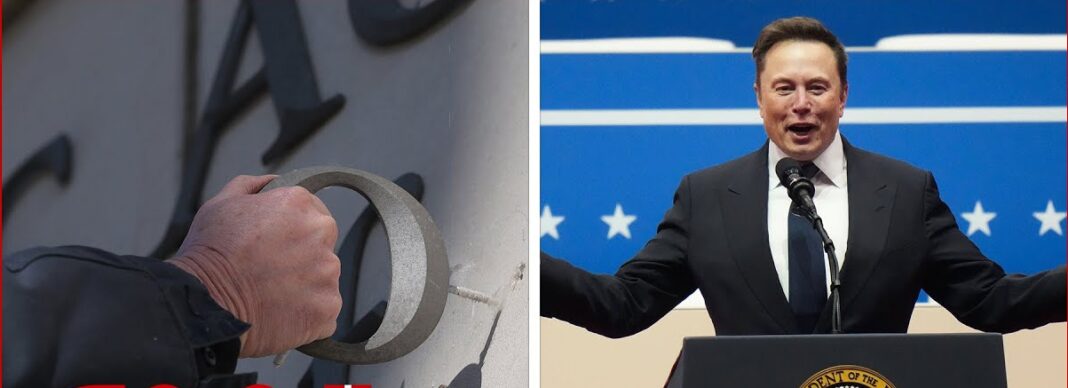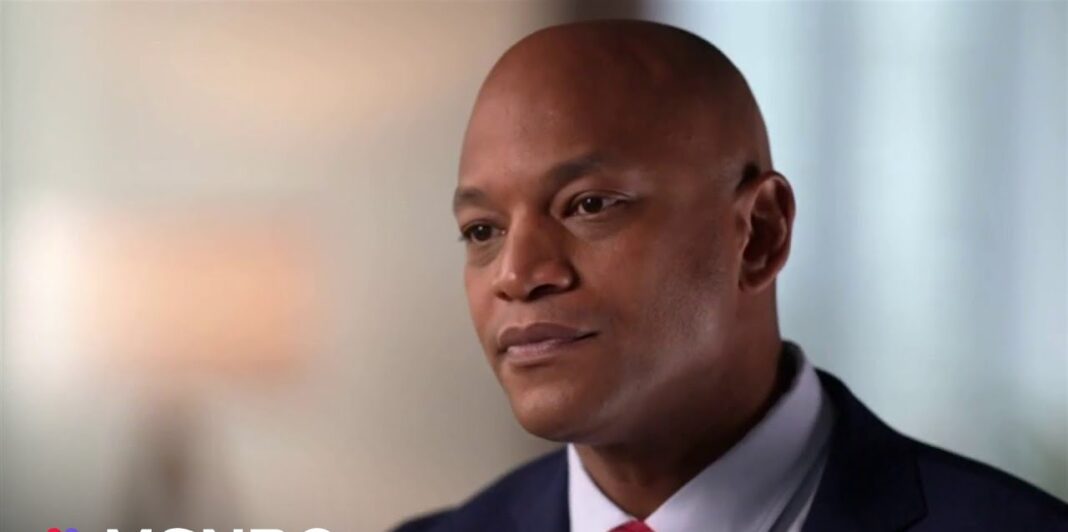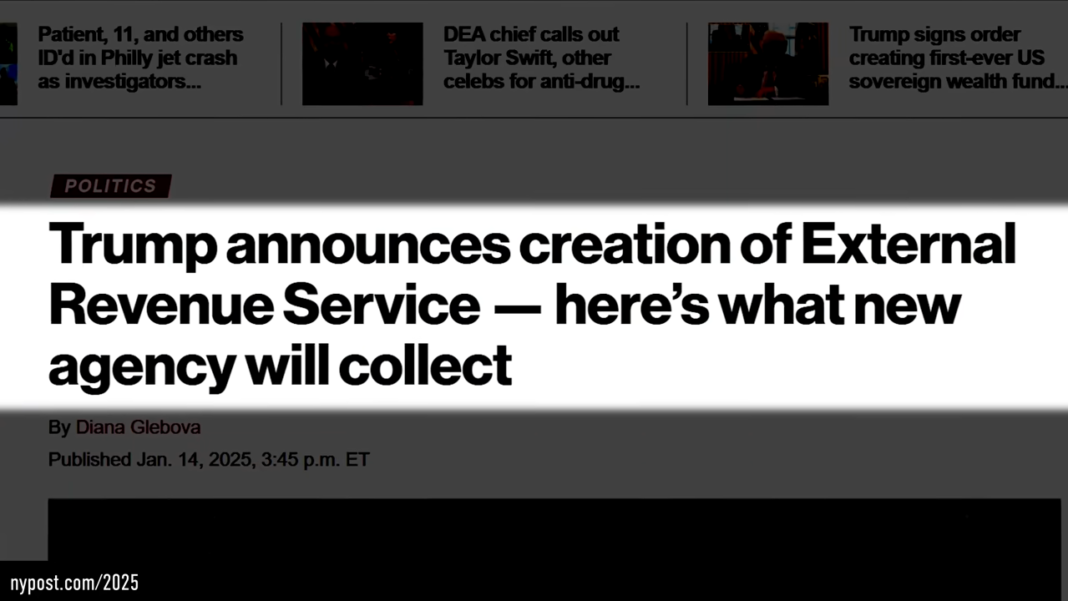A Shift in Government Hiring Practices
A new wave of young professionals is entering federal government roles. Many of these hires are in their early 20s, with little to no prior government experience. They are largely connected to companies owned by Elon Musk, including SpaceX and X AI. The move is part of a broader strategy to downsize government agencies and bring in fresh perspectives. However, concerns are rising over security, efficiency, and ethical standards.
The Role of Elon Musk’s Influence
Elon Musk’s companies have long attracted top engineering talent. Now, these individuals are stepping into influential government positions. Some hires have access to sensitive data and decision-making authority despite their lack of prior government service. The administration argues that innovation requires disruption. Critics worry that such an approach may compromise national security and established governance processes.
Security and Ethical Concerns
Recent revelations show that some of these new hires have questionable backgrounds. One individual, previously terminated from an internship due to security breaches, now holds an advisory role in a key government department. Another, known for controversial online statements, was fired from a private firm but later reinstated into government service following political intervention. Such instances raise questions about hiring vetting processes and national security implications.
AI and Automation: A Looming Threat?
Automation and AI are increasingly replacing knowledge workers. Engineers, lawyers, and even policymakers face displacement. AI-driven decision-making is already impacting government processes. While some see this as progress, others fear a loss of accountability and human oversight. The administration’s push for AI integration into governance reflects a shift toward efficiency, but at what cost?
The Response from Federal Employees
Many long-standing government employees feel uncertain about their future. Reports indicate that some workers are undergoing brief performance reviews with young tech hires to justify their positions. The tension between career civil servants and new recruits continues to grow. Employees express concerns about job security, workplace culture, and the rapid restructuring of their roles.
What’s Next for Government and Technology?
As these unconventional hires shape federal policies, the long-term implications remain unclear. Will these changes streamline governance, or will they create instability? The involvement of private tech figures in public administration blurs the line between corporate and government interests.
Future developments will likely focus on balancing innovation with governance transparency. Legislators may push for stricter oversight on hiring practices. The workforce will need to adapt to the growing role of AI in decision-making. Whether these changes ultimately benefit the public remains to be seen.
Disclaimer:
This article is for informational purposes only. It does not constitute legal, political, or employment advice. Readers should verify information and consult relevant professionals for specific concerns.
Liam Baker is a labor market researcher with expertise in workforce automation and employment trends. His insights have appeared in multiple HR and economics publications.




